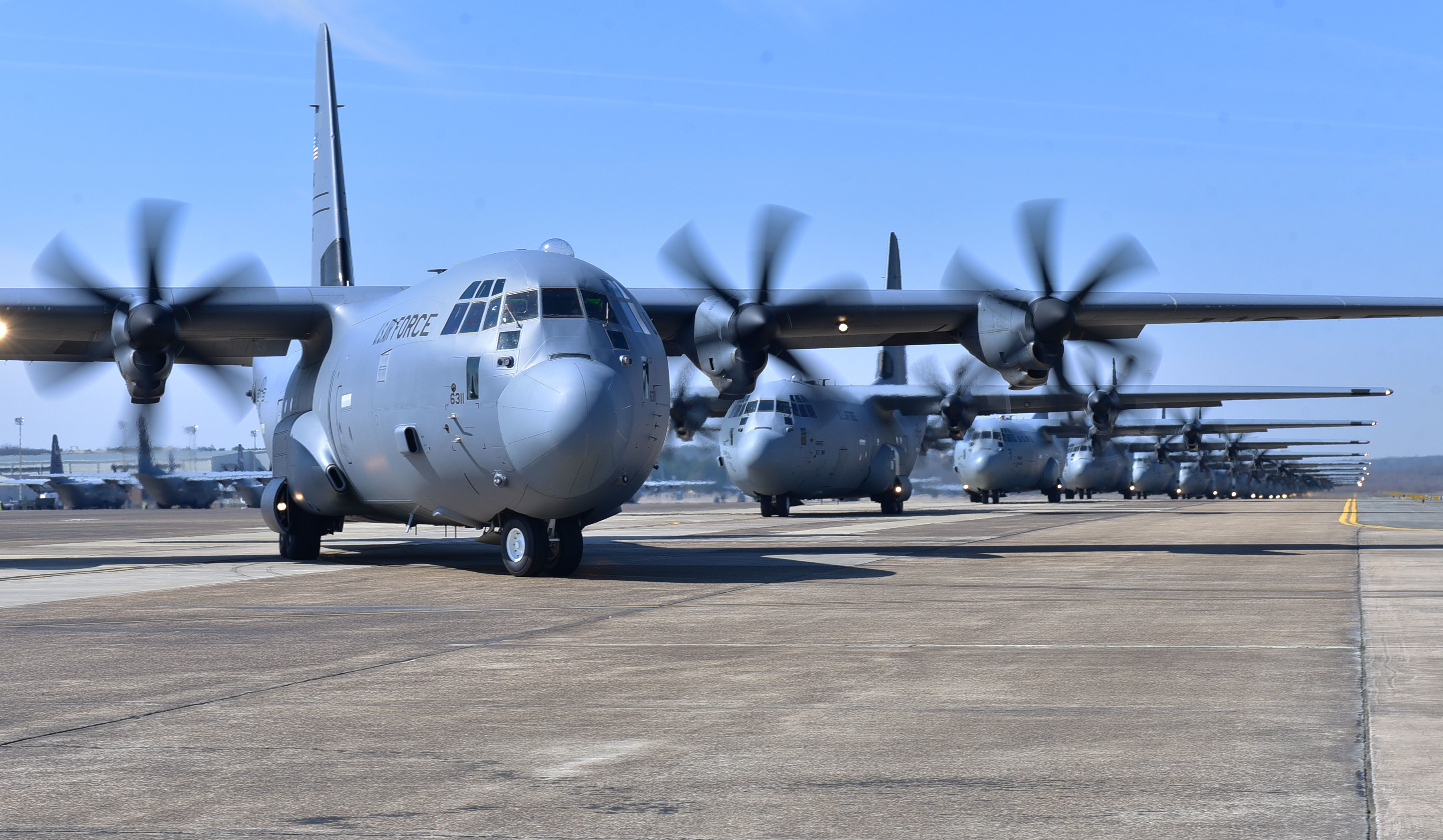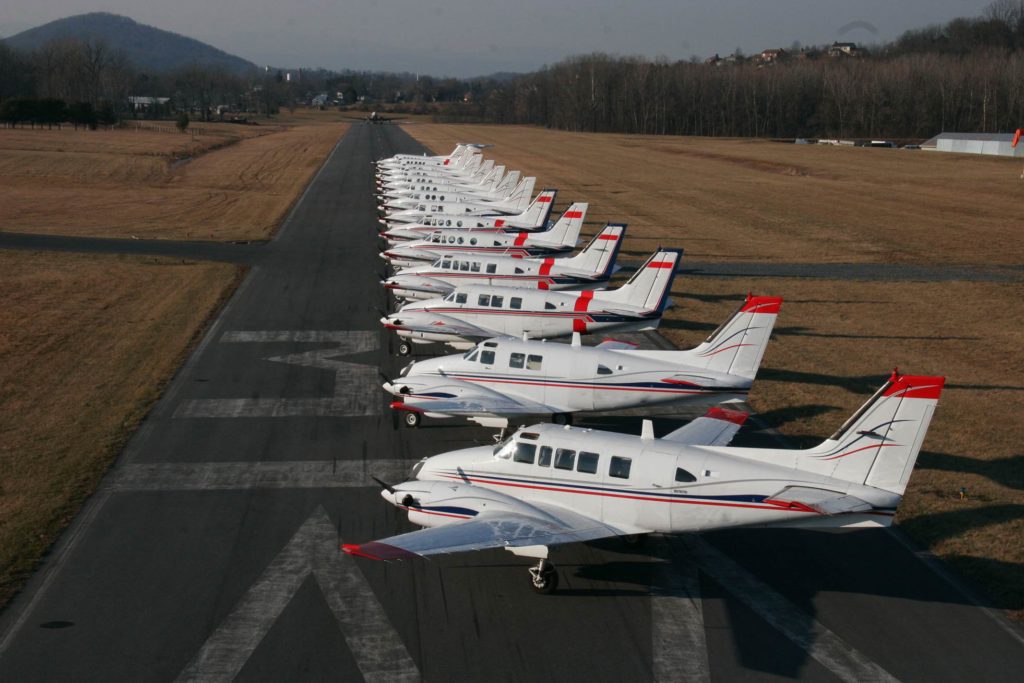Estimated reading time 5 minutes, 58 seconds.
In the year since its emergence from stealth mode, autonomous flight company Merlin Labs has seen a number of achievements in its quest to mitigate the pilot shortage by allowing planes to fly themselves, which has impressed notable investors.
One of its latest achievements is a new partnership with the United States Air Force, announced on July 13, to bring autonomy to the service’s C-130J Super Hercules transport aircraft. Merlin Labs CEO Matthew George says the contract is worth eight figures.

In conjunction with this announcement, Merlin Labs shared that it has raised $105 million in Series B funding from new investors Snowpoint and Baille Gifford, and existing investor Google Ventures (GV). Merlin’s 2021 $25 million Series A round was led by GV and First Round Capital, which means the company’s total funding has now reached $130 million.
According to a July 1 report on the annual U.S. defense budget bill, the House Armed Services Committee is urging the Department of Defense to use commercial solutions to autonomize its aircraft to alleviate the Air Force’s pilot shortage.
The Super Hercules is the most-used cargo platform in the Air Force’s fleet, and the goal of the Merlin partnership is to augment crew on the C-130J platform by implementing takeoff to touchdown autonomy.
Merlin is building its autonomy system to reduce crew in large cargo aircraft, and to ideally eliminate crew entirely in small aircraft. The initial software, which is designed to adapt to both used and new-production aircraft, will enable an airplane to automatically follow a programmed path from the taxiway to takeoff to landing. It will also have the ability to understand air traffic control (ATC) instructions via radio and follow them, using artificial intelligence.
However, for the time being, human pilots will still be required to be on board to avoid obstacles both in the air and on the ground, as Merlin is not yet ready to outfit aircraft with detect-and-avoid sensors. Pilots on board will also be able to correct any ATC misinterpretations. The bottom line: Merlin’s autonomy system will greatly reduce pilot workload and allow pilots to perform higher-cognition missions.
Thanks to the success of Merlin’s latest fundraising round, the company will be able to expand its current team of 70 employees to 120 or 130 – giving it the bandwidth to solve the detect-and-avoid problem, as well as accelerate progress towards safety certification.
Merlin officially achieved approval of its certification basis for the takeoff to touchdown autonomy system in September 2021, as part of a joint project with the Federal Aviation Administration (FAA) and the New Zealand Civil Aviation Authority (CAA).
The company is aiming to achieve initial air safety approval in New Zealand, as the country’s regulatory environment is “experimentation-friendly.” However, Merlin is simultaneously submitting all stages of its work to the FAA for review, to ensure that its technology can operate in the U.S., too.

In early 2021, Merlin announced a partnership with Dynamic Aviation to implement its autonomous digital pilot technology in 55 of Dynamic’s high-performance King Air platforms. Dynamic Aviation operates the world’s largest private fleet of King Airs, and the automated aircraft will support a wide range of public- and private-sector missions. The first King Air from the partnership began flight trials in May 2021 at Merlin’s facility at Mojave Air & Space Port in California.
In December 2021, Merlin announced an agreement with the largest Part 135 cargo airline in the U.S., Ameriflight. Under the agreement, Merlin will equip Ameriflight’s fleet with autonomous and semi-autonomous flight capability. The cargo airline is hoping to future-proof its aircraft with early implementation of autonomous capabilities, which will also allow the airline to offer better pricing to its customers.
To date, there are five models of aircraft powered by Merlin, and over 400 autonomous missions have been flown with the company’s technology — which translates to over 800 hours in the sky.








